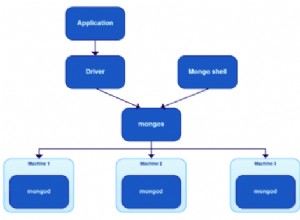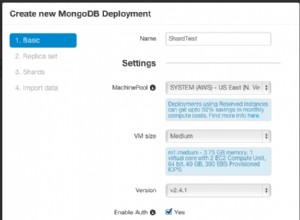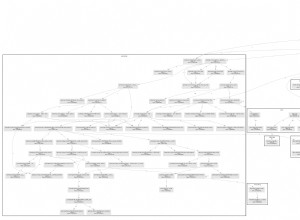Puoi farlo usando mongodb-memory-server . Il pacchetto scarica un binario mongod nella tua home directory e crea un'istanza di MondoDB con supporto in memoria, se necessario. Per ogni file di prova puoi creare un nuovo server, il che significa che puoi eseguirli tutti in parallelo.
Per i lettori che utilizzano scherzo e il driver mongodb nativo , potresti trovare utile questa classe:
const { MongoClient } = require('mongodb');
const { MongoMemoryServer } = require('mongodb-memory-server');
// Extend the default timeout so MongoDB binaries can download
jest.setTimeout(60000);
// List your collection names here
const COLLECTIONS = [];
class DBManager {
constructor() {
this.db = null;
this.server = new MongoMemoryServer();
this.connection = null;
}
async start() {
const url = await this.server.getUri();
this.connection = await MongoClient.connect(url, { useNewUrlParser: true });
this.db = this.connection.db(await this.server.getDbName());
}
stop() {
this.connection.close();
return this.server.stop();
}
cleanup() {
return Promise.all(COLLECTIONS.map(c => this.db.collection(c).remove({})));
}
}
module.exports = DBManager;
Quindi in ogni file di prova puoi fare quanto segue:
const dbman = new DBManager();
afterAll(() => dbman.stop());
beforeAll(() => dbman.start());
afterEach(() => dbman.cleanup());
Sospetto che questo approccio possa essere simile per altri framework di test.




